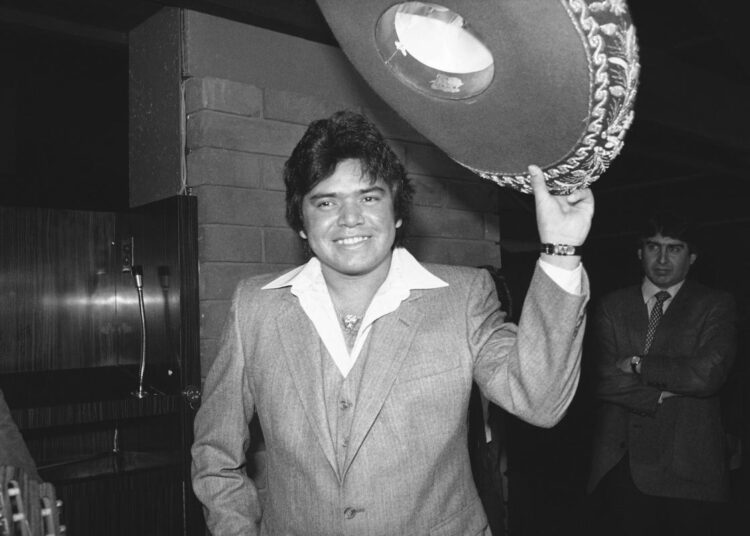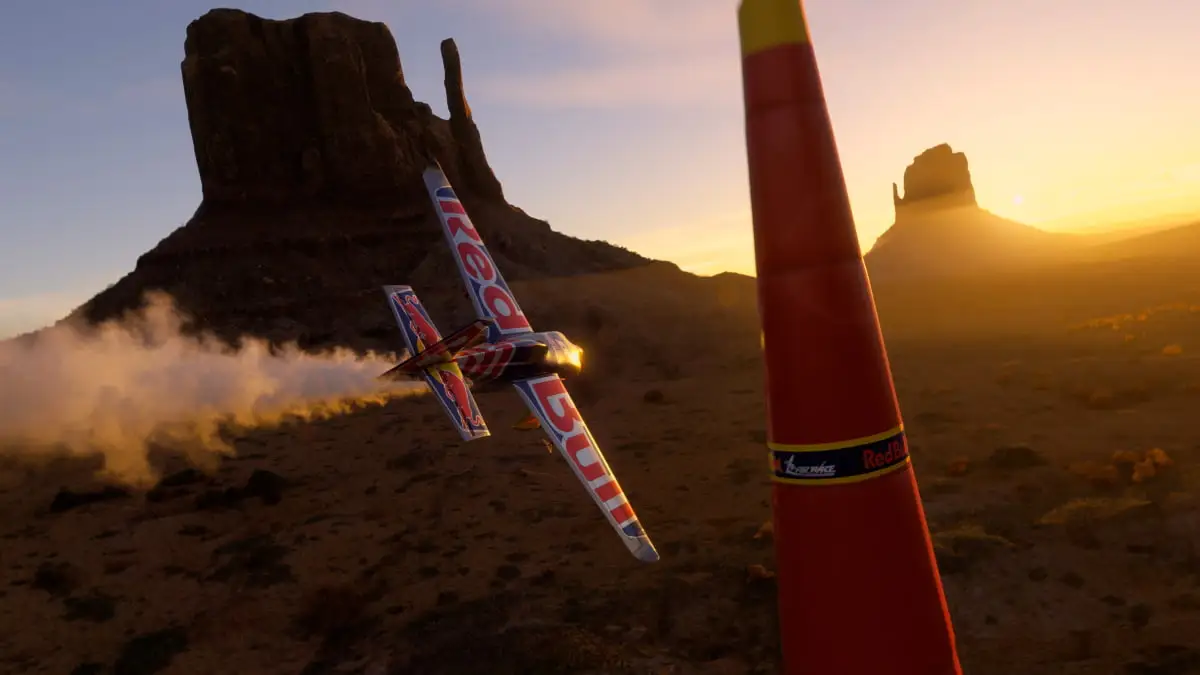LOS ANGELES — There haven’t been many things to captivate baseball like the phenomenon that was “Fernandomania.”
When 19-year-old Fernando Valenzuela took the mound for the Dodgers on Sept. 15, 1980, in his MLB debut, no one knew what the young southpaw’s career had in store. But for the next seven years, the pride of Etchohuaquila, Mexico, would become the face of the franchise.
Valenzuela, who died Tuesday at the age of 63, leaves behind a legacy of not only great performance but also great pride for the team he represented and the country that birthed him.
The 1981 season was a whirlwind for the Dodgers’ legend. It was his first full season in the big leagues, and it was the season that turned him into an icon. Valenzuela quickly asserted himself as the premier arm in baseball, becoming a fan favorite in Los Angeles, around the United States and in Mexico, where his stardom grew even faster. The 20-year-old thrived in Dodger blue.
Valenzuela delivered what might be one of the greatest rookie seasons of all time, going 13-7 with a 2.48 ERA and 196 strikeouts. He became the first player to win Rookie of the Year and the NL Cy Young Award. He also helped lead the Dodgers to the 1981 World Series title, the franchise’s fifth.
Over the next nine seasons, Valenzuela was a fixture in the Dodgers’ rotation, taking his place as the next in a long line of Dodgers pitching greats, including Sandy Koufax, Don Sutton and Don Drysdale. In his final Dodgers season in 1990, the man nicknamed “El Toro” achieved the final great achievement of his storied career, tossing a no-hitter against the St. Louis Cardinals.
Valenzuela played six more season with the Angels, Orioles, Phillies, Padres and Cardinals. He finished his career with a 173-153 record, a 3.54 ERA, 41.5 WAR and 2,074 strikeouts. He also made six All-Star appearances to go with 113 complete games and 31 shutouts.
There might not have been a player who fit a city better than Valenzuela fit Los Angeles. In the biggest city in the U.S. state with the largest Mexican-American population, Valenzuela became larger than life. Even today, among the usually sold-out crowd at Dodger Stadium, hundreds, if not thousands, sport Valenzuela’s No. 34 jersey, which was retired by the team last season.
Valenzuela’s cultural importance also can’t be understated, considering the once tense relationship between the team and its Latino fan base. From the Los Angeles Times’ obituary on Valenzuela:
The electric atmosphere was also surprising considering the fraught history at Chavez Ravine, when Latino families were uprooted from neighborhoods there throughout the 1950s to eventually clear the way for the construction of Dodger Stadium. L.A.’s Latino community never forgot that chapter in the city’s history, but Valenzuela’s meteoric rise and everyman appeal proved hard to resist.
In 2003, Valenzuela returned to the team he loved, becoming the color analyst for the Dodgers’ Spanish-language broadcast, a role in which he served until he took a leave of absence prior to this MLB postseason to focus on his health.
The Dodgers, who are set to play Game 1 of the World Series on Friday in Los Angeles, will be playing with heavy hearts as they mourn one of the franchise’s great players and also one of the sport’s greatest ambassadors.
MLB commissioner Rob Manfred released a statement Tuesday night, reflecting on Valenzuela’s legacy and confirming that his memory will be honored during the World Series:
Following his memorable career, Fernando was an outstanding ambassador for baseball. He consistently supported the growth of the game through the World Baseball Classic and at MLB events across his home country. As a member of the Dodger broadcasting team for more than 20 years, Fernando helped to reach a new generation of fans and cultivate their love of the game. Fernando will always remain a beloved figure in Dodger history and a special source of pride for the millions of Latino fans he inspired.
As they suit up to face the Yankees — whom, coincidentally enough, Valenzuela helped the Dodgers defeat in that 1981 World Series — Valenzuela’s death gives the team another motivation to bring a championship back to L.A. as they mourn and celebrate one of the franchise’s legends.
Read the full article here

























